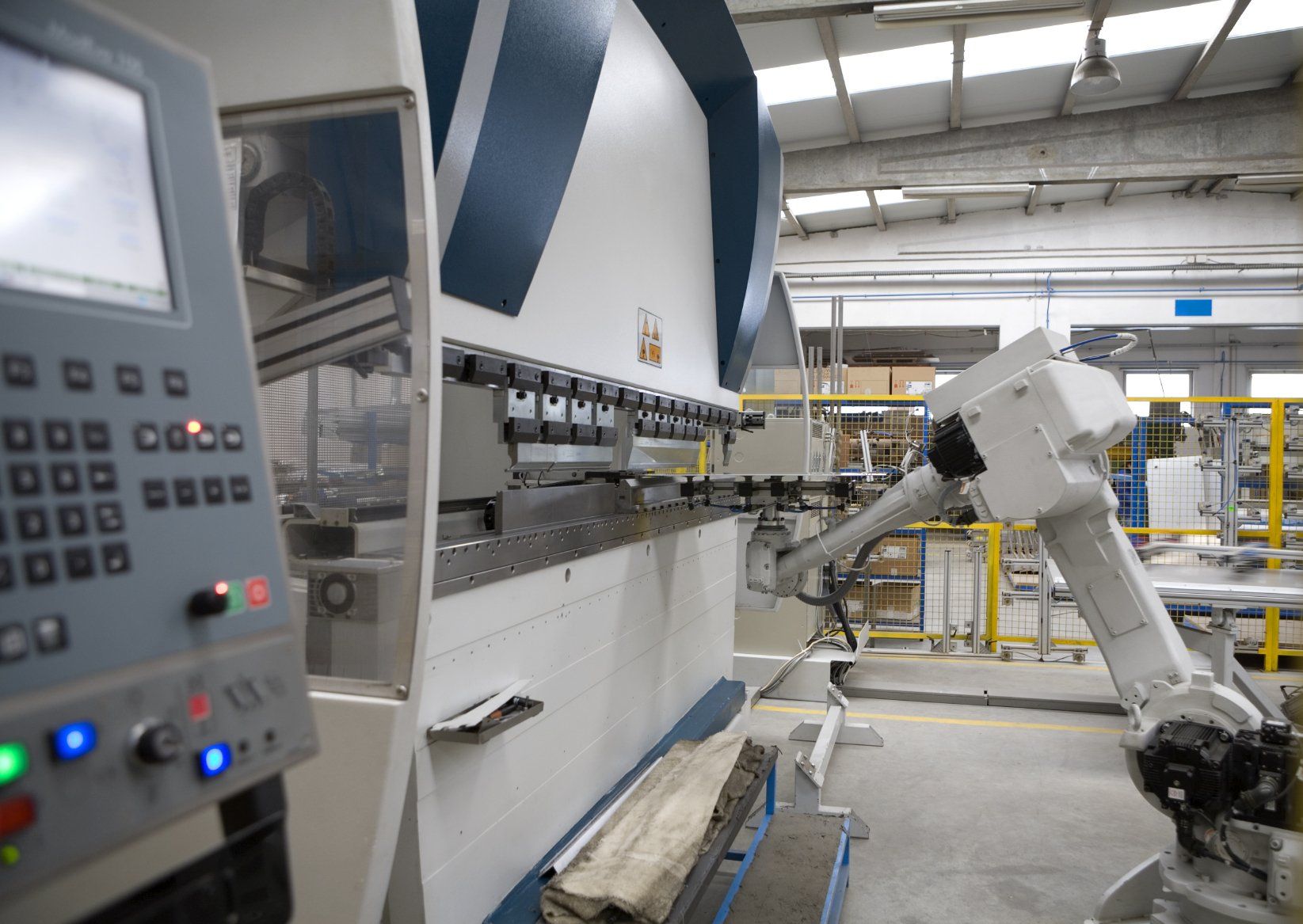A THEME WITH LARGE POTENTIAL
Blockchain has the potential to become a revolution similar to the Internet in the early 1990s.
BLOCKCHAIN TECHNOLOGY
TYPICAL POSITIONS:
- Blockchain Business Development Specialist
- Senior Consultant / Architect Blockchain
- Blockchain Engineer
- Blockchain Developer
- Software developer for blockchain
- Software engineer blockchain

What is blockchain?
Blockchain is a decentralized protocol for transactions between parties that transparently records every change.
Decentralized means.
that the protocol, a huge database, is not on a server or at a company, but is spread across many computers. There is no one who owns this journal. No agency, company or person has this journal. Every participant has the same access rights and possibilities. The blockchain is a neutral system of information processing that does not belong to anyone and cannot be manipulated. Protection against manipulation is only at risk if an attacker holds more than 50 percent of the entire network. In a decentralized system like blockchain, there is no longer a central administrator who says what is right and what is wrong. What the majority says is true.
transactions
can be any kind of information. Blockchain is not limited to financial transactions, but can be used for any kind of information. Information can be traced within the blockchain at any time - even for new participants.
The parties
are the participants who participate in a blockchain-based solution and follow the respective rules of the blockchain. It enables transactions to be carried out directly between participants without the involvement of a paid intermediary. This also prevents potential friction (dominant positions).
The transparency of the blockchain, i.e. the journal or database, arises from the fact that the journal is constantly monitored by a network of so-called miners. These miners verify the stored information block by block and share it in the network, where every participant has access to the same blockchain.
Blockchain application examples.
Smart contracts, a car purchase made via blockchain unlocks the digital car key for the new owner after the defined amount has been credited to the seller's account. If there is no payment in installments, the car will be blocked. Contracts are executed in a value-neutral manner, exactly as they were originally defined. In principle, smart contracts are executable program code in the form of an if-then condition: as soon as an event with a direct reference to the content of a contract has occurred, it triggers the corresponding action. The digital contract communicates directly with the object - for example a car - via blockchain without an intermediary.
Banking, access to a financial infrastructure from developing countries can also be mapped via blockchain. With a blockchain-based currency, formal admission criteria are no longer required, because with cryptocurrencies, anyone can open an account in the form of a wallet and be in control of their finances, regardless of time and place.
Banking infrastructure, the structure of the banks has remained unchanged for decades. The process of transferring value with banks as intermediaries has been the same for over 150 years. Blockchain can change that fundamentally. The processing of transactions and the transfer of values in the blockchain no longer takes days, but a few minutes.
Micro payments, since cryptocurrencies such as bitcoins can be denominated in almost any way and the fees incurred for a transaction are only about 1 percent, they are predestined for micropayments and thus for digital goods such as newspaper articles, apps or music titles.
music industry, a blockchain-based music service is a public, decentralized music store, where record contracts are no longer required and artists manage the rights to their own music and set the conditions for using the music. The relationship between fan and artist changes dramatically in a system. Fans could participate in supporting the artists and spreading music and thus be part of the success.
electoral systems, an electoral system based on blockchain would not only be protected against manipulation, it would also be anonymous and secure. Above all, voters can vote from home without going to a ballot box. Counting errors are excluded.
Insurance, like smart contracts, insurance could work. The insurance and policyholders agree on a set of rules and the blockchain implements this set of rules fairly and neutrally. A set of rules in the blockchain implements this system independently and without any value.
Blockchain has the potential to become a revolution similar to the Internet in the early 1990s. Just as the TCP / IP protocol is the technical basis for all applications on the Internet today, blockchain can be the technical basis for other applications as “just” Bitcoin. In the beginning, there were no applications other than websites and email. Today our cars, houses, devices and ultimately all of us are connected. It is therefore difficult to say in which direction blockchain is developing, but there is potential and many uses are already conceivable today.
STARTUPS (A-Z)
- BigchainDB
- Bitgo
- Blockstream
- Chain
- Elliptic
- Ethereum
- Gem
- R3
- SETL
- Waves Platform
CONSULTING COMPANIES (A-Z)
- Accenture
- adesso (Schweiz)
- Blockruption
- bpc (Schweiz)
- Brainbot
- Cap Gemini
- Capco
- Codecentric
- Deloitte
- epiphany
- EY
- Fraunhofer
- Hubert Deutschmann
- maibornwolf
- micobo
- msg systems
- NTT Data
- Pey
- PwC
- Upchain









